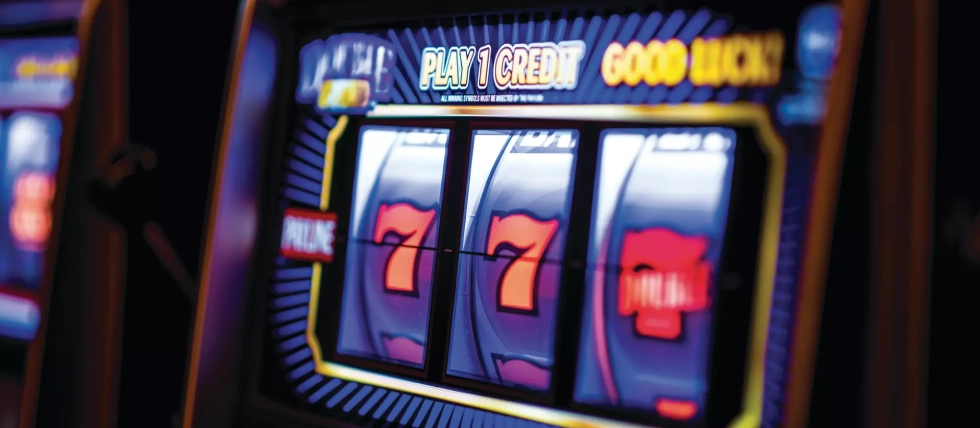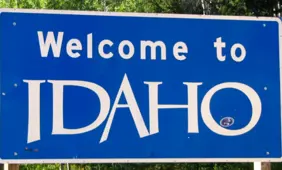Federal Judge Rules in Favor of Koi Nation’s $600M Casino Plan
A federal judge has denied the Federated Indians of Graton Rancheria’s attempt to block a casino and resort proposed by the Koi Nation.

Slot machine in a land-based casino. Federal judge allows Koi Nation casino project to proceed.
The ruling is an important win for the Koi Nation, a small Pomo tribe that was displaced from Lake County, and a major setback to opponents of the project, including Graton Rancheria and Lytton Rancheria.
Significant Opposition to Koi Nation Casino Proposal
The proposed development, located on a 68-acre site near Windsor, has faced strong opposition from neighboring tribes and local communities. Critics argue that the project fails to adequately address cultural and environmental concerns, as well as historical tribal ties to the land. However, US District Judge Rita F. Lin determined the proposal did not present immediately that would justify bringing a halt to federal proceedings.
The Bureau of Indian Affairs (BIA) is still required to complete its environmental and regulatory reviews before construction can begin.
Graton Rancheria tribe Chair Greg Sarris has criticized the ruling, arguing that it undermines tribal sovereignty and sets a problematic precedent. Similarly, Lytton Rancheria Chair Andy Mejia expressed concerns about the speed of federal approvals, which he claimed violated trust responsibilities. Both tribes have said that they will continue their legal fight against the project.
Related: Koi Nation Face Resistance to a Planned Casino in California
More Casinos & Games News
Koi Nation Seeks Stability with Casino Plan
The Koi Nation’s $600 million proposal includes a 530,000-square-foot casino floor with 2,750 slot machines, 105 gaming tables, and a 400-room hotel. For the Koi Nation, the project is a chance to achieve financial stability and greater tribal independence after years of struggling for federal recognition and resources.
However, local residents and officials are less keen. They have raised concerns about increased traffic, wildfire evacuation challenges, and the strain on local infrastructure. Sonoma County Supervisor James Gore said that the scale and location of the project could pose significant risks to public safety and community resources.
In response, the Koi Nation has defended the casino as a way to create jobs and bring economic growth to the tribe. They are leveraging the “restored lands exception” to justify building gaming facilities outside their traditional territory, a controversial yet legal approach.
Construction is expected to begin in 2026, although the project must still clear a number of regulatory hurdles, and there is the possibility of further legal challenges.
RELATED TOPICS: Casinos & Games
Most Read
Must Read
 Interviews
Interviews
Sweepstakes Casinos: Thriving in an Ever-Changing Industry – Interview with Attorney Stephen C. Piepgrass
Feb 17, 2025 Interviews
Interviews








Review this New Post
Leave a Comment
User Comments
Comments for Federal Judge Rules in Favor of Koi Nation’s $600M Casino Plan